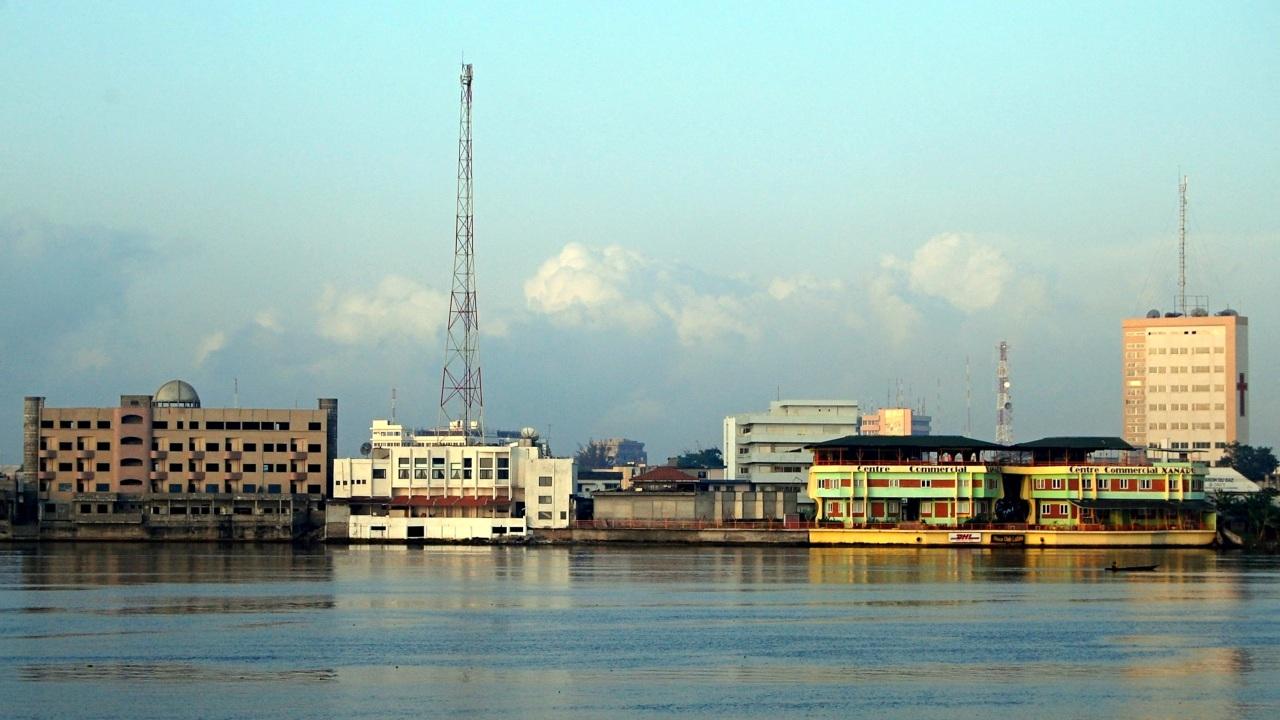Olivia Barnett-Naghshineh of SOAS previews some of the issues that will be under discussion at the African Development Forum 2012 at SOAS on Tuesday 29 May.
As a feisty Nigerian woman becomes a serious contender for the leadership of the World Bank and Angolan companies eye up assets in their previous colonial masters’ privatisation programmes, there is no doubt that times have changed and the discourse of the African Crisis is fading. After decades of poor representation in Western media, thanks to poverty pornography and one-sided storytelling of “barbaric, tribal conflicts”, there is a distinct air of afro-optimism about the Lions. But it would be careless to celebrate the optimistic development indicators, particularly positive economic growth rates in countries such as Tanzania, Ghana and Nigeria without recognising the continuing deprivation experienced by many, both rural and urban.
There are certain characteristics of recent development in contemporary sub-Saharan Africa that have been new and different. It’s been hard to miss the reports and documentaries about Chinese investment with its trail of roads, railways and hospitals that have formed nearby new copper mines and dams. There is talk of the explosion of mobile phone use and ICT, making peoples lives easier, particularly for banking and for farmers to check market prices.
But there is still little talk of who it is that is actually investing in the new markets of Africa: who is it making Accra a global city or Nigeria an economic powerhouse? Who is asking questions about the impact of large-scale exporting of agricultural produce on the local and global environment? How does the profit from the new burgeoning sectors lead to a better life for people living in Africa today? And ultimately is this economic growth sustainable? So, these are broad questions, with undoubtedly different and complex answers depending on which societies and countries we talk about, and by no means is the answer positive for each of the 54 states. But the flourishing interest in Africa from a range of international actors definitely requires some big questions to be asked. Meanwhile, recognising the achievements of certain sectors and societies, which appear to be doing better than before, is an important step to maintaining a positive view of a changing Africa.
At the end of May, some of these ideas and questions will be discussed at the inaugural African Development Forum (ADF) at SOAS, entitled, “Africa: Driving its Own Growth”. The Forum aims to provoke discussion around the recent growth rates seen in some African countries and the implications of this for broader development. It is held with the support of the Royal African Society, Centre of African Studies and chaired by Professor Stephen Chan. The ADF invites people from the African business community, development professionals, academics and students to come and listen to an array of specialists from different sectors talk about opportunities and challenges facing this diverse continent.
The Forum, entirely organised and run by SOAS postgraduate students, will examine the distinctive ways in which information and communications technology (ICT), financial services, agro-production, mining and oil/gas are driving growth in Africa. It will also challenge the notion that economic growth is inherently beneficial to all, by exploring some of the wider social and environmental implications.
The aim is to relate issues of doing business in Africa with those of sustainable development and to shed a positive light on the diversity of African investments. By bringing together business and policymakers, instead of discussing these issues in two separate spheres, the forum aims to offer participants access to different approaches to thinking about Africa.
Given the ADF’s focus on “Africa: driving its own growth”, all speakers were chosen with the aim of showing how these industries involve African people, and not just their resources. Panelists include experts who have extensive experience working with issues of development in Africa including workers’ rights, government institutions, youth employment, gender inequalities and climate change.
Registration for the Forum opened at the beginning of May, but places are limited – to register your interest, join the Facebook group SOAS African Development Forum or go to http://soasadf.eventbrite.co.uk/.







A nice article truly. Am looking forward to the actualization of spurring our growth.
African growth has so far only been a textbook phenomenon because the great majority of Africans have not benefited in real terms. Poverty is worse than ever and the gap between rich and poor is wider now than it was in the 60s and 70s.